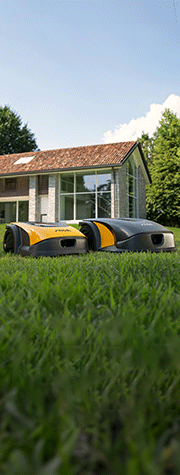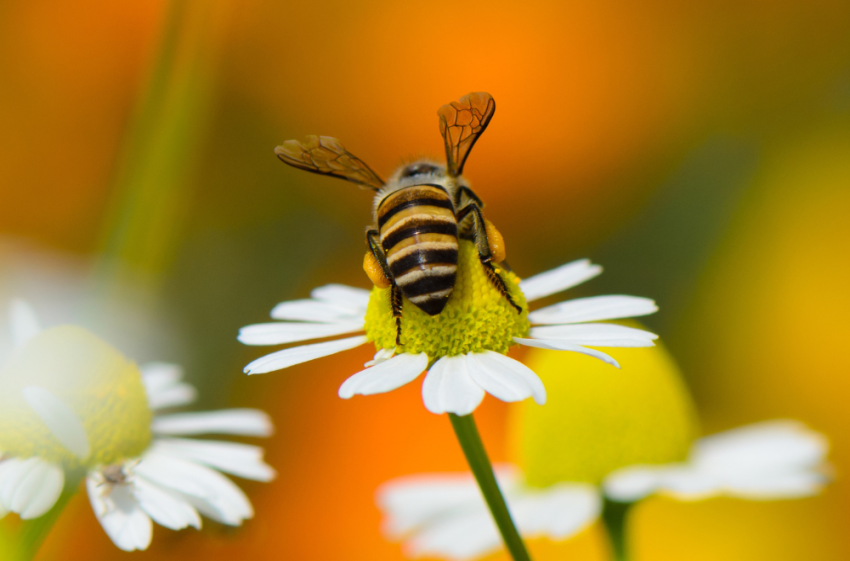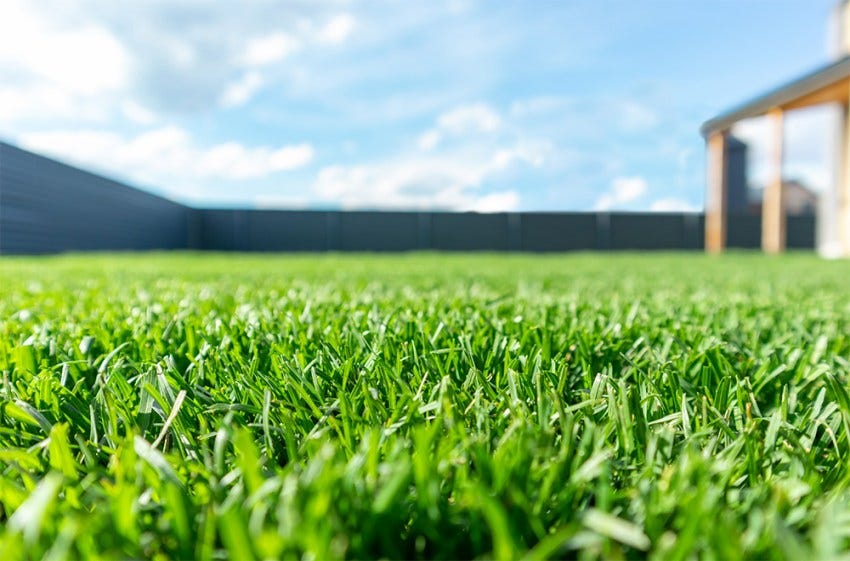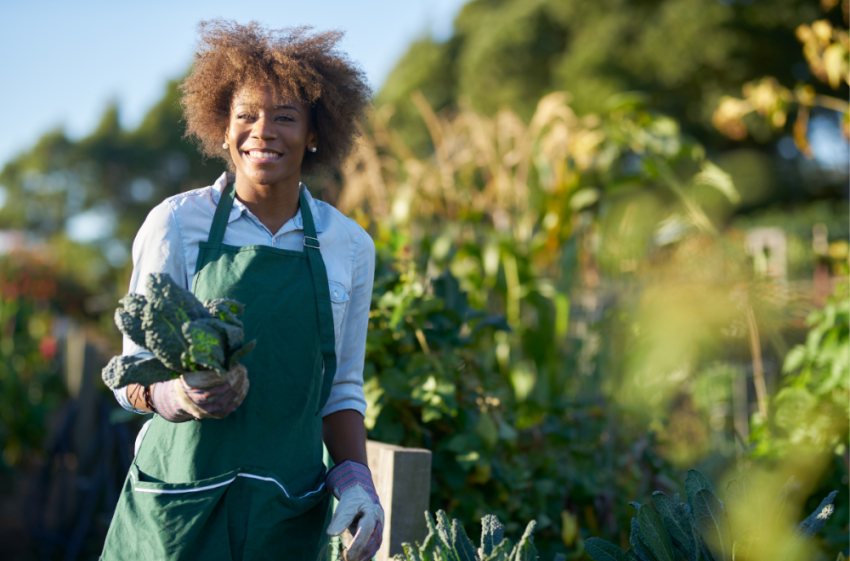Ask the Experts on 0800 669 6326 Mon - Fri 9am-4:30pm or Contact Us
Lawns form the heart of most gardens. Most lawns are made up from intricate mixes of grass varieties. But from a pollinator perspective lawns are a monoculture and although some grasses are larval plants for some moth species and grass does make pollen, grasses are wind-pollinated and not ideal food plants for most insects. However, the other plants that grow within a lawn, that you might detest, or class as weeds, are actually vital early spring food plants for our pollinator pals.
May is a time when the garden starts to wake up, the lawns start to grow and the borders start to fill up. May is without doubt one of the busiest times of the year in the garden. There are many gardening tasks to carry out during May. Let's continue where we left off from part 1
Next time you reach for the strimmer to cut back long grass or areas in the garden that have grown a bit wild, STOP and take a few minutes first to check that you are not disturbing sleeping or nesting wildlife, in particular, hedgehogs.
It is a well-known fact that the earlier we can celebrate the joy of gardening with our children the more likely they are to continue growing their own vegetables, fruit, and flowers in the future.
May is a time when the garden starts to wake up, the lawns start to grow and the borders start to fill up. May is without doubt one of the busiest times of the year in the garden.
May sits on that lovely cusp between spring and early summer. As the whole garden comes to life, you should be able to see the results of your hard work earlier in the year in that beautiful green centrepiece. And as we’re now well into the mowing season, I’m going to focus mostly on that this month – for some mowing means a gentle stroll up and down the garden daydreaming about everything and nothing, but good mowing requires more concentration – and is well worth the effort.
Lawns often take pride of place when it comes to gardening – and for good reason. But it’s easy to neglect their health over winter, leading to moss, bare patches and weeds taking root. Try our 7-step guide to rejuvenate your lawn in time for summer.
Mental Health Week and gardening are often linked due to the numerous mental health benefits that gardening can provide. Gardening can help reduce stress and anxiety, improve mood, increase physical activity, and provide a sense of accomplishment. It's a great way to connect with nature and can be a therapeutic activity for individuals struggling with mental health issues.


.jpg)

.jpg)
.jpg)
.png)







 Free Delivery
Free Delivery White glove service
White glove service Payments
Payments